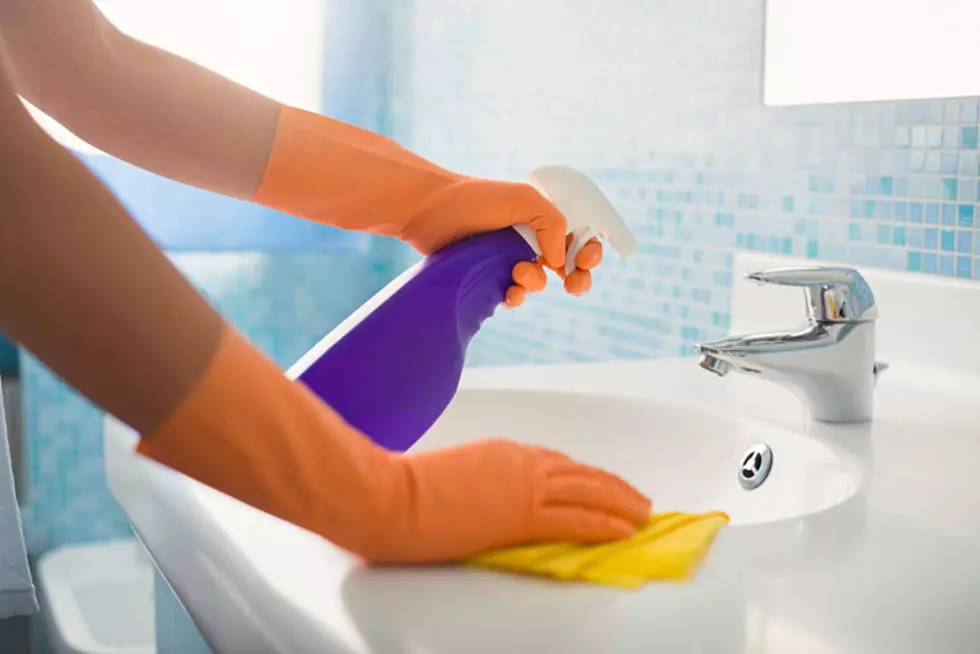
How to Disinfect Your Homes Against COVID-19
Your kitchen cabinet may already be stocked with cleaning supplies that can kill novel coronavirus.
Rutgers experts say while many commercial cleaning products will do a great job against most infectious agents, there's not a lot of hard data about how well they kill the exact strain of virus that can cause COVID-19. But Siobain Duffy, associate professor of ecology evolution and natural resources at The School of Environmental and Biological Sciences at Rutgers University, said there is a lot of data on similar viruses with a similar structure.
So if most commercial cleaning products work well against killing the flu, they should do a good job killing viruses like COVID-19.
Even though supermarkets have been running low on commercial cleaning products, don't fret, Duffy said. People can make their own solutions at home using bleach, hydrogen peroxide or rubbing alcohol.
The U.S. Centers for Disease Control and Prevention recommends daily disinfection for frequently touched surfaces such as tables, doorknobs, light switches, countertops, handles, desks, phones, keyboards, toilets, faucets and sinks.
Bleach: If using bleach, Duffy said, it's not necessary to use 100% of pure bleach. Mix a quarter cup of bleach per one gallon of cold water. If cleaning with bleach every day, make a fresh batch of solution daily. Non-porous items like plastic toys can be immersed in the bleach solution for 30 seconds. Household surfaces that won't be damaged by bleach should get 10 or more minutes of exposure before wiping down.
Rubbing alcohol: Duffy said aim for 70% alcohol and 30% of water. This is also very useful on household surfaces. Many hand sanitizers have a concentration of about 60% alcohol, and Lysol contains about 80%, so these are all expected to be effective against coronavirus. Solutions of 70% alcohol and 30% water should be left on surfaces for about 30 seconds before being wiped down.
Hydrogen peroxide: Most hydrogen peroxide is sold in concentrations of about 3%. It can be used as is, or diluted to 0.5% concentration for effective use against coronaviruses on surfaces. It should be left on surfaces no more than a minute before wiping.
Duffy warned against using other chemicals, such as vinegar or tea tree oil. The data is mixed about vinegar, and bad about essential oils, she said. She said people should not sanitize their homes with these products when there are alternatives.
She said while tea tree oil may help control the virus that causes cold sores, there is no evidence that it can kill coronaviruses.
Never mix household chemicals, Duffy said — you risk generating poisonous and dangerous gases. Clean once with one chemical one day, then clean the next day with a different chemical if you'd like, but don't mix the two.
"This virus is not as easy to kill as some, but it's also not as hard to kill as others," Duffy said. The norovirus, for example is very difficult to kill. Coronavirus is easy, by comparison.
Normal gentle cleaning and disinfection is fine, Duffy said. You won't do a better job by using 100% strength solutions — you're just going to run out of the product more quickly.
Continue to wash hands frequently, sanitize your hands and if possible, change into fresh clothes when you come in from outside so you're not bringing germs into the house on your clothing.
More From KHMO-AM 1070, News-Talk-Sports









